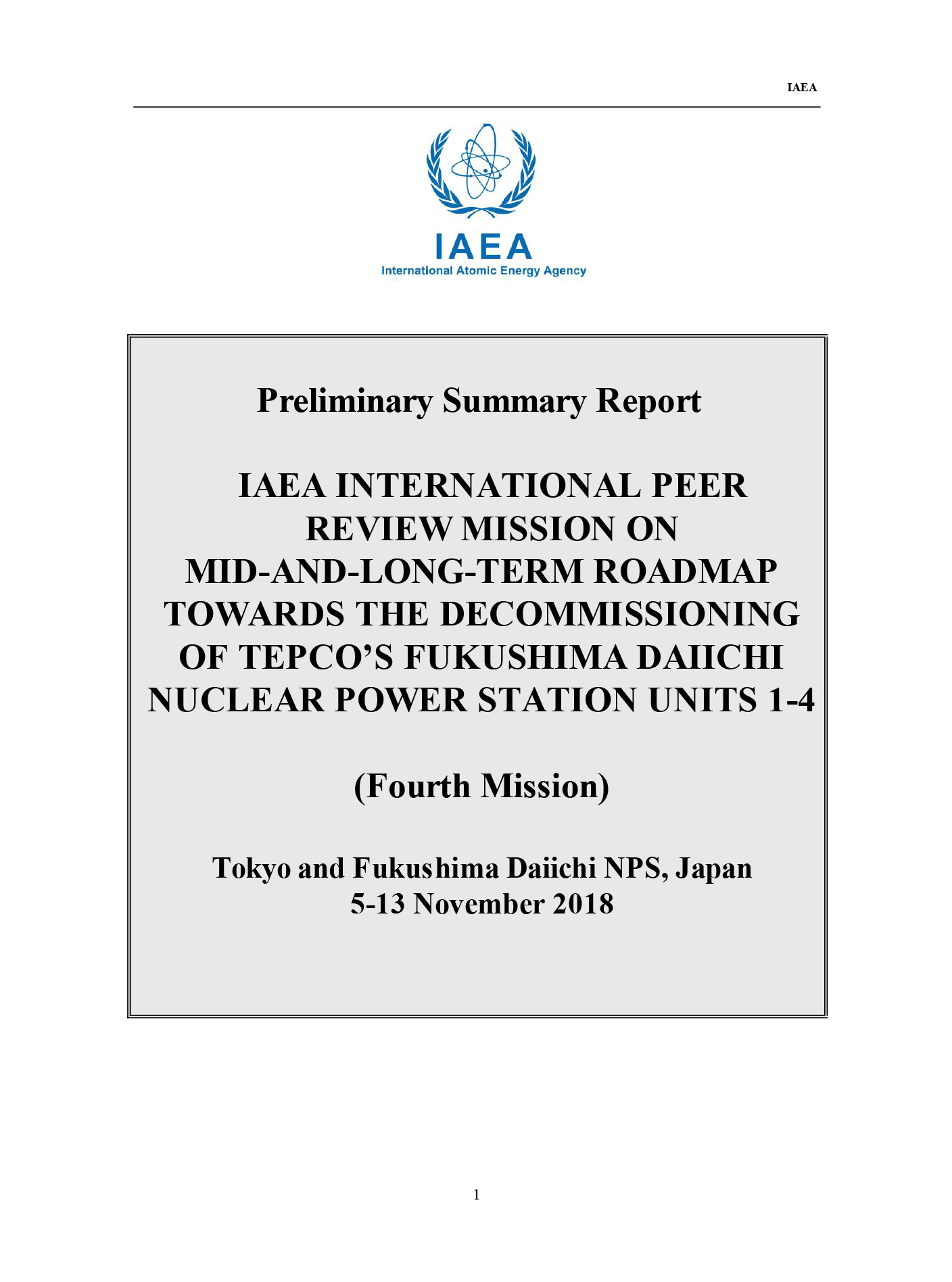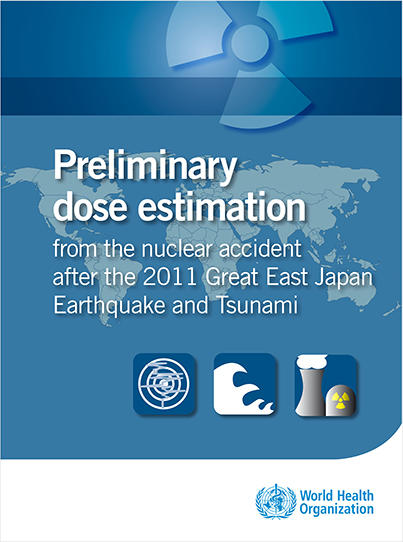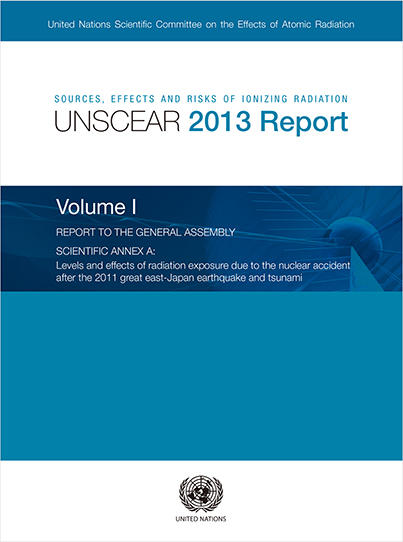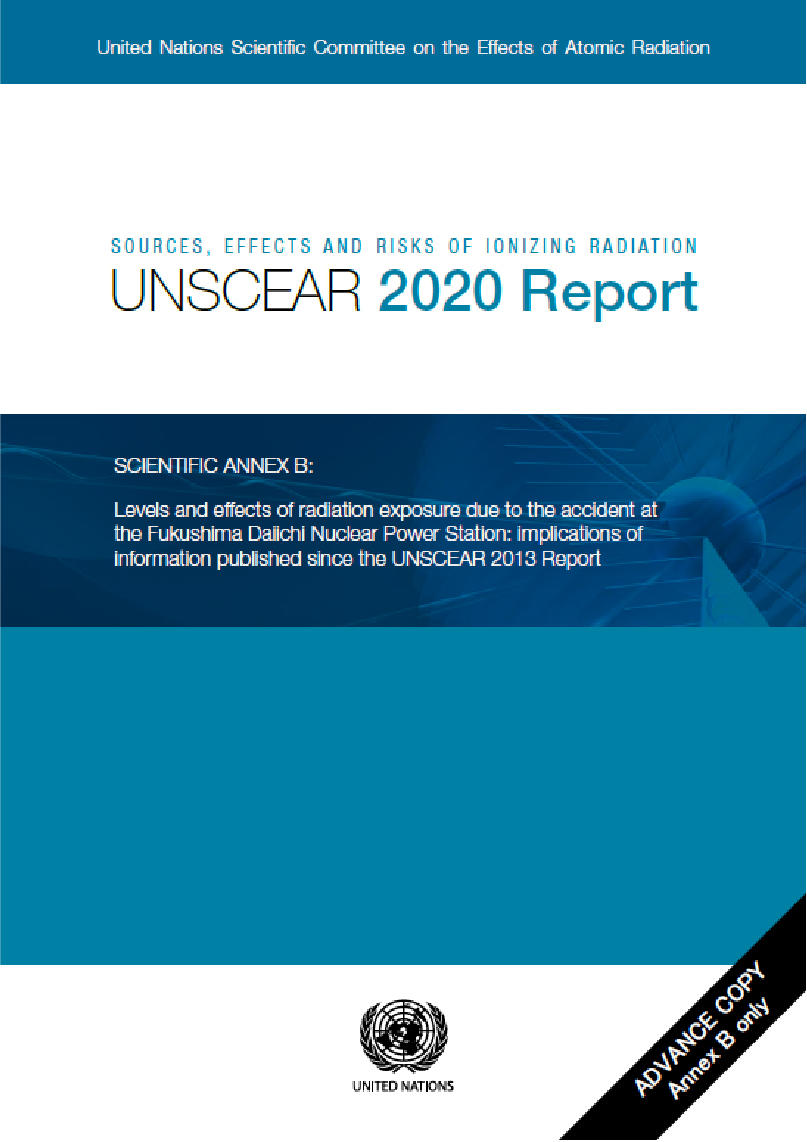FAQ
Safety in Fukushima
The IAEA (International Atomic Energy Agency) conducted four reviews into efforts to plan and implement the decommissioning of the Fukushima Daiichi Nuclear Power Station, and published their final report in November 2018. In the report, the IAEA team confirmed that “significant progress has already been accomplished to move Fukushima Daiichi from an emergency situation to a stabilized situation.”
Additionally, WHO (World Health Organization) concluded that the likelihood of finding an increase in health risks due to radiation from this accident are low.
Furthermore, UNSCEAR (United Nations Scientific Committee on the Effects of Atomic Radiation) found that “the radiation exposure of the Japanese population due to the accident was low, leading to correspondingly low risks of health affects due to radiation later in life.”

Reference
Ministry of the Environment, BOOKLET to Provide Basic Information Regarding Health Effects of Radiation, Chapter 5, 5.1, WHO Reports and UNSCEAR 2013 Report
March 9, 2021 press release by UNSCEAR, A decade after the Fukushima accident:Radiation-linked increases in cancer rates not expected to be seen


